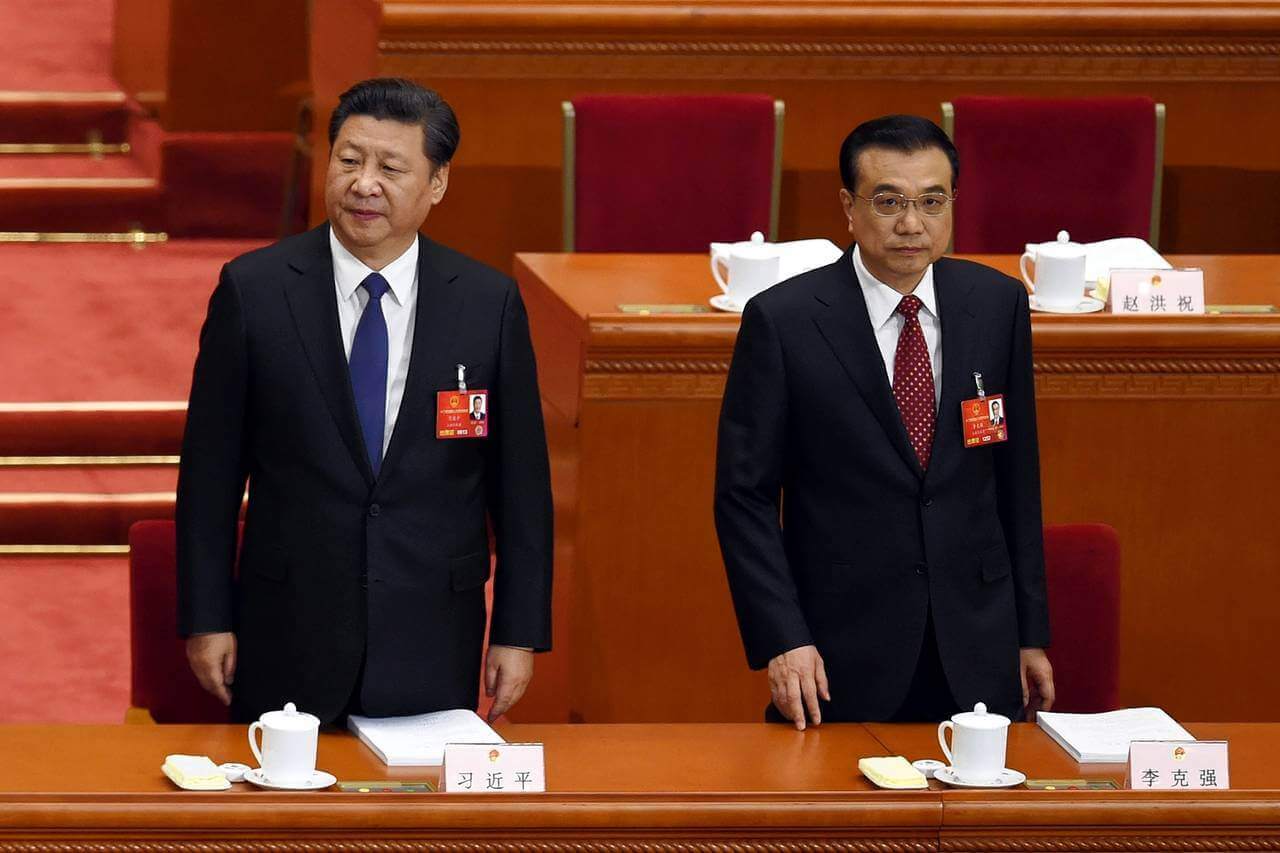The latest comments by Chinese Premier Li Keqiang have hinted at differences with President Xi Jinping about the best way to handle the COVID-19 pandemic, leading some to speculate whether Xi’s push for a third term is under threat.
In his remarks on Saturday, Li warned that China’s “complicated and grave” employment situation is particularly dire. In this regard, he urged officials at all levels of the government to focus on implementing measures to help boost jobs and maintain stability. With unemployment in the country at its highest level in two years, Li encouraged moves to help small businesses, strengthen the digital economy, incentivise people to start businesses, and support laid-off workers.
Beijing will not flood economy with liquidity in #COVID19 recovery, measures are forceful, targeted says Chinese Premier Li Keqiang as reported by local Chinese media pic.twitter.com/jP2uYI6ab8
— ANI (@ANI) May 28, 2020
While Li has raised caution about the situation for months, his latest comments were notable as they made no reference to President Xi Jinping’s infamous Zero-COVID strategy, which has significantly affected the country’s economic and social sector.
Just days earlier, the Politburo Standing Committee—on which both Xi and Li sit—warned Chinese citizens against questioning the country’s ultra-stringent COVID-19 control policies, wherein millions of citizens across the country, including in Beijing and Shanghai, have been forcefully barred from leaving their homes. In contrast to Li’s concerns about the economy, the Committee’s statement made no mention of the state of the economy, instead seeking to engender trust in the public health response.
'It is now safe to say that China's economy will achieve positive growth this year,' Chinese Premier Mr. Li Keqiang said. Among the major economies in the world, China has been the first to achieve recovery growth.
— Zhang Heqing张和清 (@zhang_heqing) November 13, 2020
pic.twitter.com/2OLHO8POK6
“Our prevention and control strategy is determined by the party’s nature and mission, our policies can stand the test of history, our measures are scientific and effective,” the seven-member committee said.
This mixed messaging from the highest echelons of Chinese politics has generated rumours about whether there is a split at the top about the most effective ways to control the pandemic. Once considered rivals for the country’s highest office, Li and Xi continue to be seen as leaders for separate branches of policymaking. While Li’s expertise is associated with “technocratic tradition,” Xi represents the ideological wing.
Commenting on the dichotomy, journalist Richard McGregor said, “It is probably a stretch to say that Xi and Li are personally at loggerheads,” but conceded that “their statements do represent divergent views within the system on COVID and its impact.” “China is reaching the point where the need for a genuine debate about whether the price being paid for further lockdowns is worth the economic damage,” he stated.
Infighting among senior #CCP officials looks intense, with rivals making dueling pronouncements. On Thursday, #XiJinping said there can be no letup on #COVID19-control measures while on Saturday Premier Li Keqiang emphasized the need to stabilize employment. #China can’t do both.
— Gordon G. Chang (@GordonGChang) May 10, 2022
Such rumours of a rift at the top are not unprecedented. In May 2020, speculation of a split between the two emerged as observers noted that Li’s push for a “street stall economy” has faced resistance in some areas, particularly in Beijing. They also speculated that Li’s comments about 600 million people in China living on a monthly income of 1,000 yuan ($150) clashed with Xi’s promotion of a “moderately prosperous society” and his drive to eliminate poverty by 2020.
In parallel news, it has been reported that Xi is suffering from a cerebral aneurysm, for which he underwent medical treatment late last year. Speculation about Xi’s deteriorating health has been rife in recent times, as the leader avoided meeting foreign leaders from the onset of the COVID-19 pandemic until the beginning of the Beijing Winter Olympics in February.
In light of his deteriorating health, public pushback against his zero-Covid policy, and suggestions of a rift within the upper echelons of Chinese leadership could, Xi’s efforts to secure a historic third term, which appeared to be all but a formality a few months ago, could be more complicated than he initially thought.

